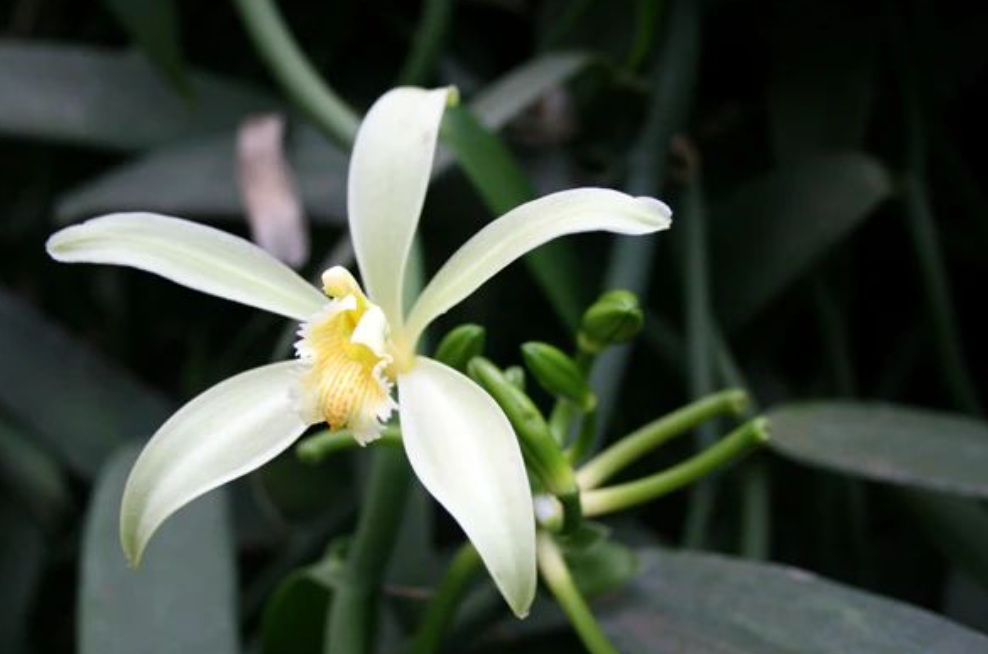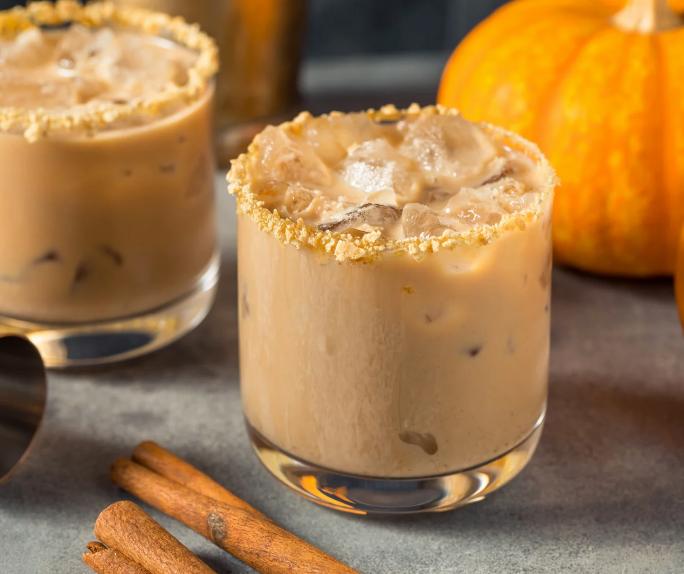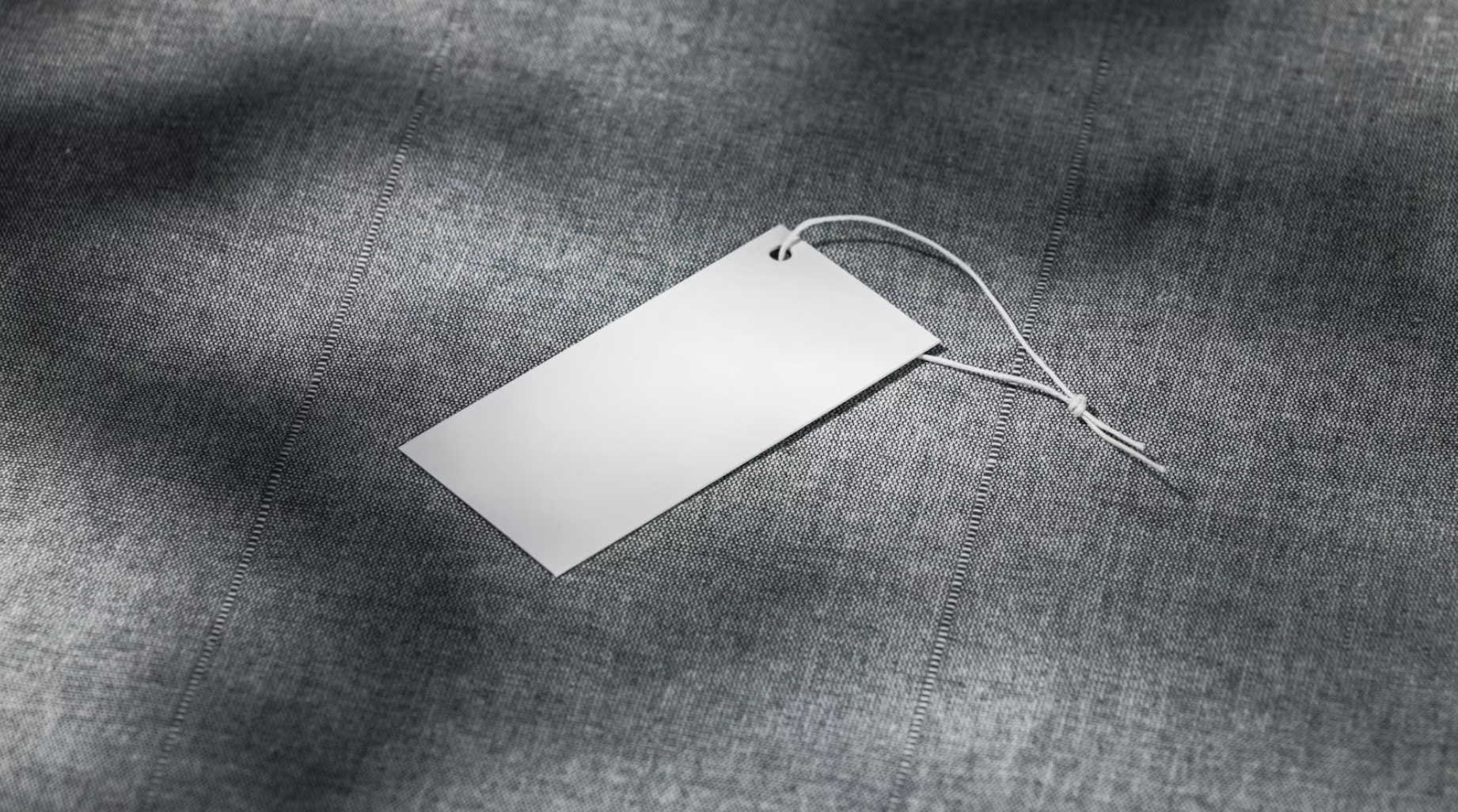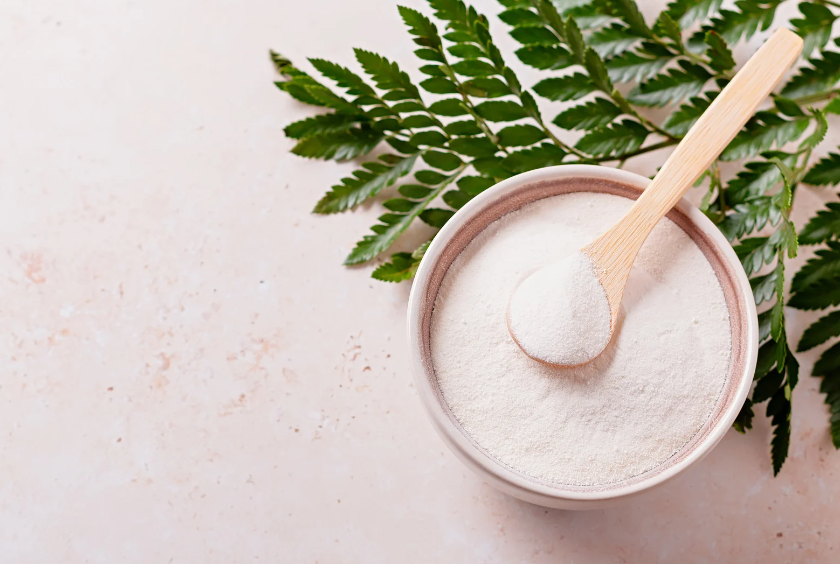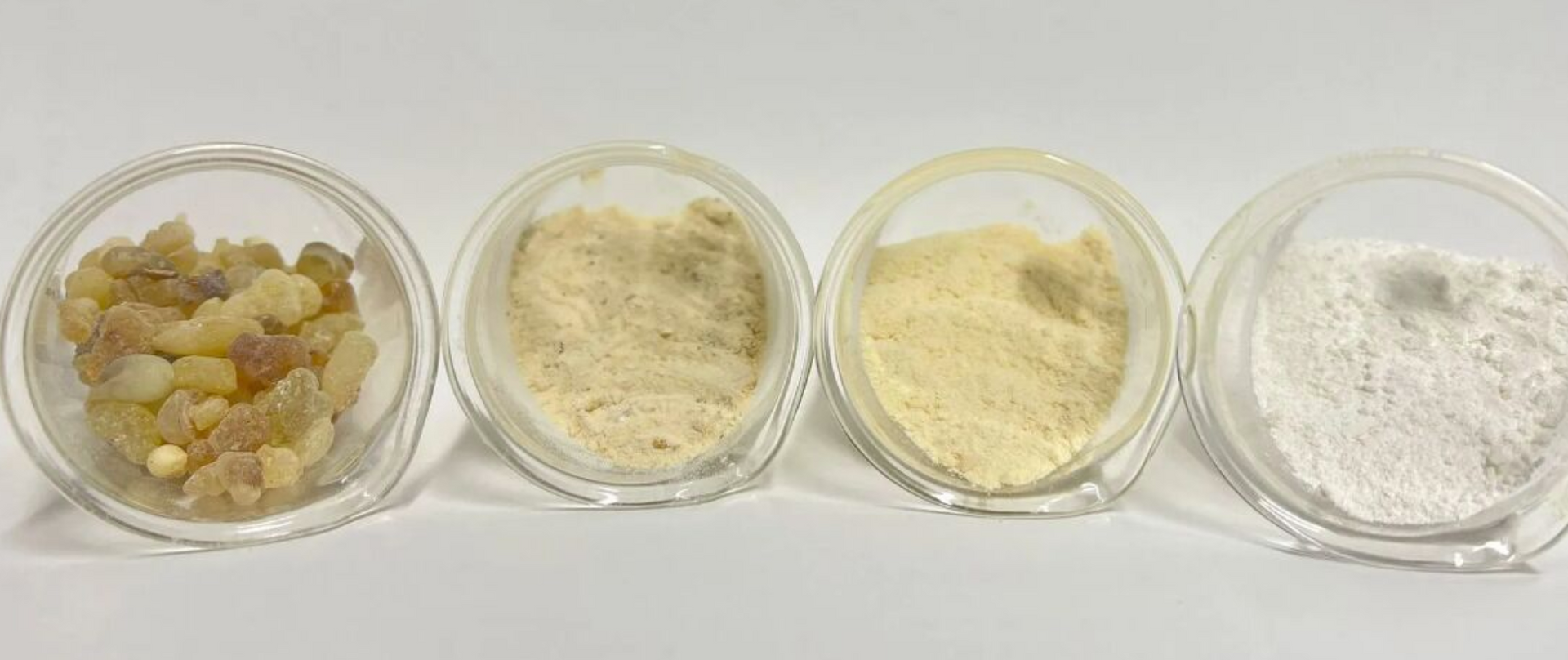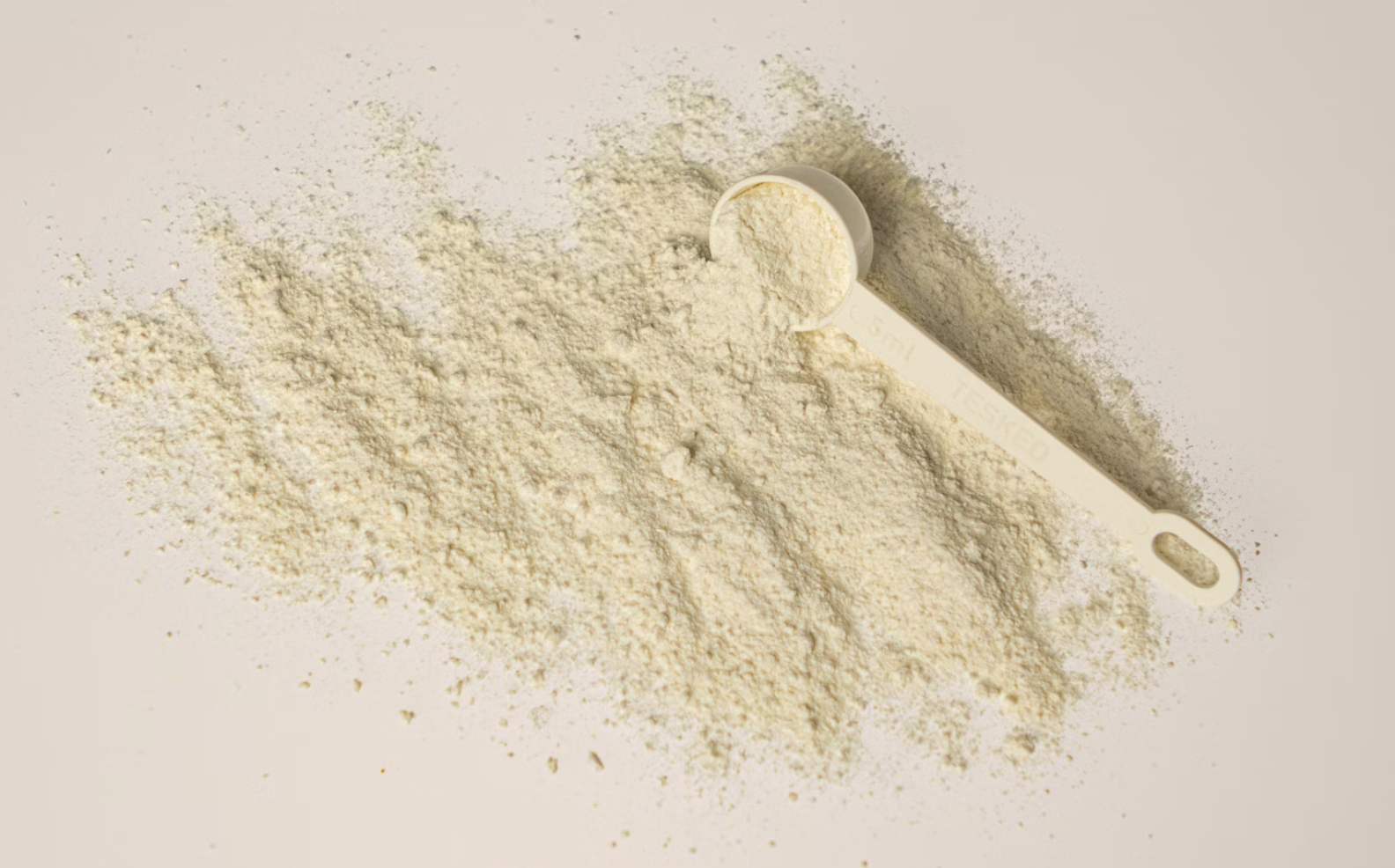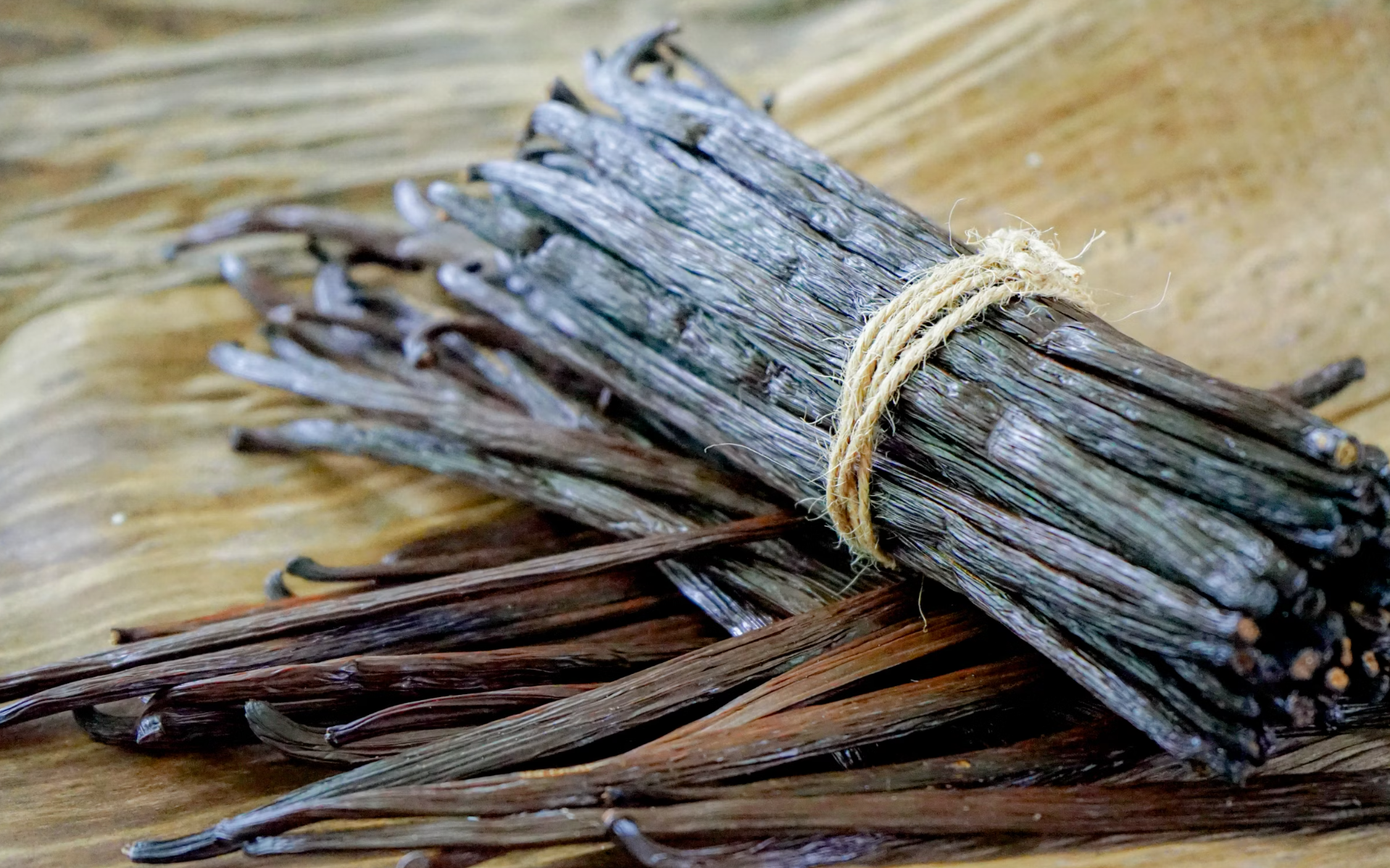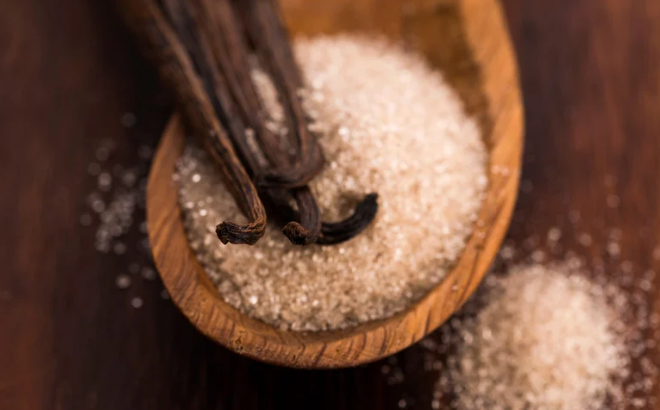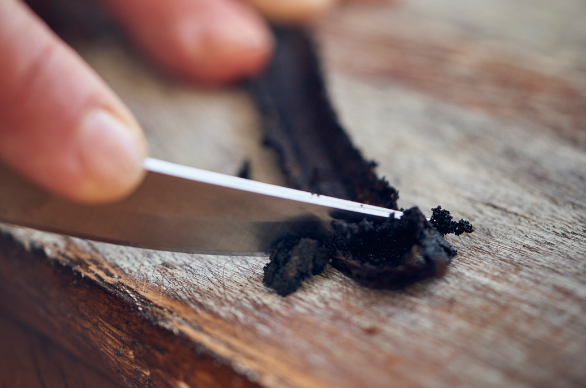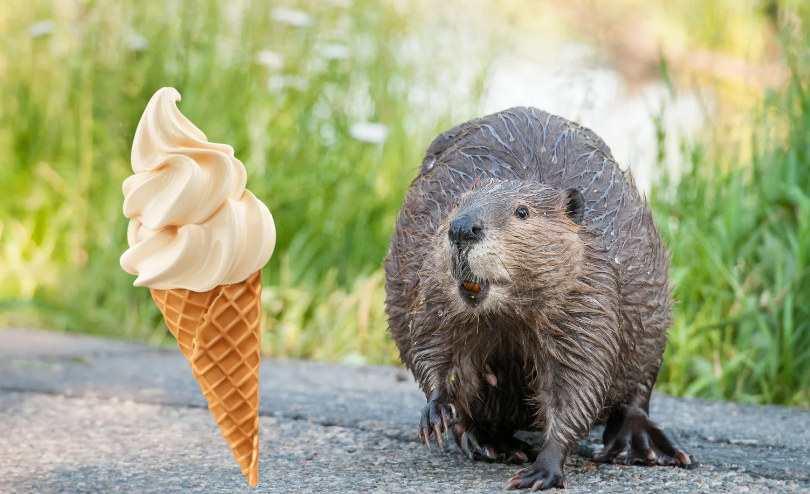Mastering natural extracts with tips from Dutch Essentials
At Dutch Essentials, we pride ourselves on being experts in extraction, distillation, synthesis, production, and analysis. While we offer a wide range of professional extraction services, you can also experiment with making your own extracts at home. This guide provides you with detailed instructions on how to create natural extracts using alcohol or glycerine, including coffee, vanilla, lemon, chocolate, and peppermint extracts.
Understanding natural extracts
In many sweet dishes, a flavour enhancer in the form of an extract is often added to achieve a more delightful taste. The most well-known extract is undoubtedly vanilla extract. But what exactly is an extract? Essentially, an extract is akin to a herbal tincture, where natural ingredients impart their flavours to alcohol.
Why use natural extracts?
Numerous types of extracts are available for purchase, but in the Netherlands, vanilla extract is the most common, while other flavour enhancers found in supermarkets are typically essences, which are chemical flavourings. However, making your own extracts is incredibly simple and requires just a bit of patience. The best extracts are made from natural ingredients that release their flavours into the solvent.
Choosing your solvent: alcohol vs. glycerine
When making extracts and tinctures, alcohol is the standard solvent used. This is because alcohol is highly efficient at extracting both active and flavour compounds, resulting in a potent extract. However, not everyone wants to use alcohol. Fortunately, you can also use plant-based glycerine to make your own natural extracts. Glycerine has a sweet taste and adds a soft note to your extracts. The downside is that glycerine absorbs the flavour compounds less effectively than alcohol, meaning you will need more extract to achieve the same effect.
Ingredients and equipment for making natural extracts
To make your natural extracts, you will need:
- Glass jars (one per extract)
- 40% alcohol (such as vodka or gin) or plant-based (preferably organic) glycerine
We recommend using vodka or gin because they have a neutral flavour.
For a 250 ml glass jar, you will need:
- 1 organic lemon
- 1 organic orange
- 2 vanilla pods (or 10 pods if you want to make a larger batch)
- 3-4 tablespoons of coffee beans
- 3-4 tablespoons of cacao nibs
- 3-4 tablespoons of chopped blanched almonds or 5 apricot kernels
- A bunch of fresh peppermint
You can use any glass jar you prefer, as long as it seals well. If your jar is larger or smaller, adjust the ingredient quantities accordingly. Precision isn't crucial here.
How to make vanilla extract
Vanilla extract is the most commonly used extract in the kitchen. It's so easy to make that you really don't need to buy it from the store. Plus, you can reuse the vanilla pods repeatedly. Once you've made the extract, you can keep adding new alcohol to the pods to make fresh vanilla extract, making it much cheaper in the long run.
To make vanilla extract, use 10 vanilla pods and 700 ml of vodka. Let this steep for three months, then transfer 100 ml to a blue glass bottle with a dropper cap for easy use, and leave the rest in the original bottle. When the large bottle is nearly empty, refill it with more vodka. You can also make vanilla extract with rum, but vodka or gin gives a purer vanilla flavour.
If you don't want to make a large batch, use 2 vanilla pods cut into three pieces each. Place them in a jar and add 200 ml of vodka or 100 ml of glycerine. For glycerine-based extract, it's advisable to make a smaller amount since glycerine extracts have a shorter shelf life.
Making lemon and orange extracts
Wash the lemon and orange thoroughly, slice them, and dry the slices in an oven at 100 degrees until they're reasonably dry. You can also use a food dehydrator. The slices don't need to be completely dry, but most of the moisture should be gone. Place the slices in a jar and fill it with vodka/gin or glycerine.
Creating coffee and chocolate extracts
For coffee extract, fill a jar two-thirds full with coffee beans, and for chocolate extract, fill another jar two-thirds full with cacao nibs. Fill both jars with vodka/gin or glycerine.
Crafting almond extract
You can make almond extract from blanched almonds by steeping 3-4 tablespoons in vodka/gin. However, it's even better to use apricot kernels, which provide a delightful almond flavour. In the summer, save the apricot kernels and steep them in vodka or gin. For a 250 ml jar, use 5 kernels.
Peppermint extract preparation
For peppermint extract, place a bunch of fresh peppermint in a jar and add vodka or glycerine.
The waiting game
Once you've prepared your extracts, seal the jars well and place them in a spot where they're visible but not exposed to direct sunlight. For the first two weeks, shake the jars daily. After that, store them in a cool, dark place and let them steep for 2-3 months. For a more intense flavour, you can let them steep longer.
Extracts made with alcohol can steep for up to six months to develop a rich flavour. If using glycerine, it's best to strain the extracts after two months as they have a shorter shelf life.
Once your extracts are ready, strain them into 100 ml brown or blue glass bottles and label them. The dark glass protects your extracts from UV light. Alcohol-based extracts are good for at least a year, often longer. As long as they smell good and remain clear, you can keep using them. Glycerine-based extracts are best used within six months.
Do you have a great idea for a delicious extract? Let us know!
